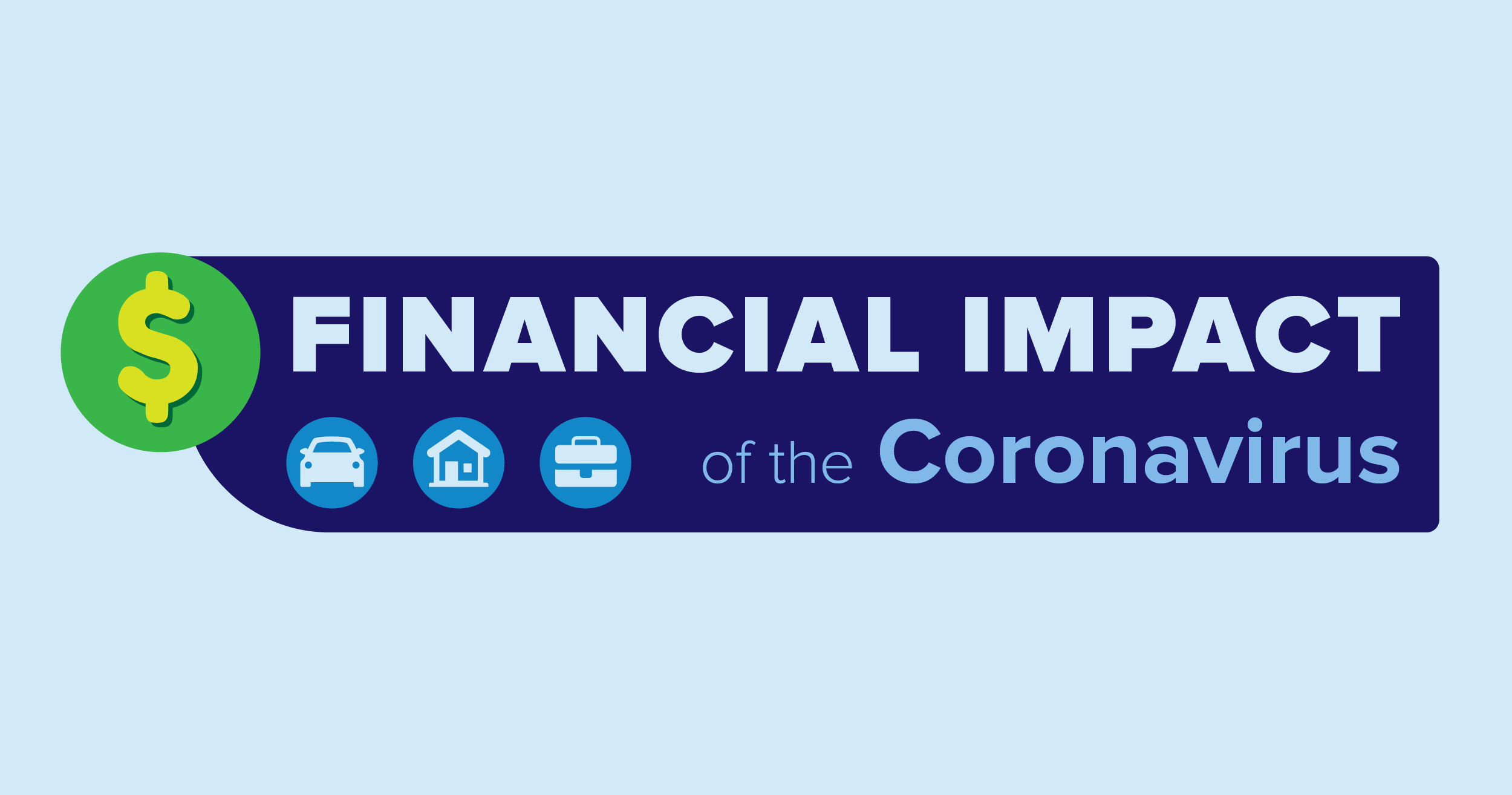 Are you worried that you won’t be able to make your next car payment because you’ve lost your job or income because of the Coronavirus? Or are you already behind on your payments? You’re not alone. Here’s what you can do:
Are you worried that you won’t be able to make your next car payment because you’ve lost your job or income because of the Coronavirus? Or are you already behind on your payments? You’re not alone. Here’s what you can do:
- Contact your lender now. Some banks, credit unions, and auto financing companies are letting people delay payments or renegotiate their payment schedules. If your lender agrees to any changes, make sure you have them in writing for later.
- Find out what rights you have in your state. Check with your State Attorney General or local consumer protection agency. States have their own rules about how cars can be repossessed and what happens after. If lenders break the rules, they might lose other rights against you or have to pay you damages.
- See if you can refinance your loan. This makes sense if a lower interest rate or longer loan could make your car payment doable. Just make sure you refinance with a credible lender or company. Depending on how much your car is worth and how much you owe on it, you also could look into selling your car or trading it in to get something cheaper before you miss a payment.
- Don’t do nothing. Even if you have to miss a payment, don’t be afraid to talk to your lender to learn about your options. If you miss payments, you could be charged a lot more in fees and hurt your credit. While many lenders have begun to voluntarily forego repossessions during the pandemic, if you get behind on your payments, your lender still could repossess your car — sometimes without warning.
If your car gets repossessed, check your state’s laws to see what options you might have to buy it back or get any personal property left in the car.
You also might still owe money after your car is repossessed. You could be on the hook for any “deficiency” — the difference between what your car sells for and how much you still owe on it, plus any fees related to the repossession. In most states, your lender is allowed to sue you for it. An attorney can tell you whether you have grounds to contest a deficiency judgment.
The important thing to remember — you could have more options than you think, so don’t wait to talk to your lender. The sooner you do, the better the chance you can work something out.
This article by the FTC was distributed by the Personal Finance Syndication Network.
The post Behind on car payments because of the Coronavirus? appeared first on Personal Finance Syndication Network.
